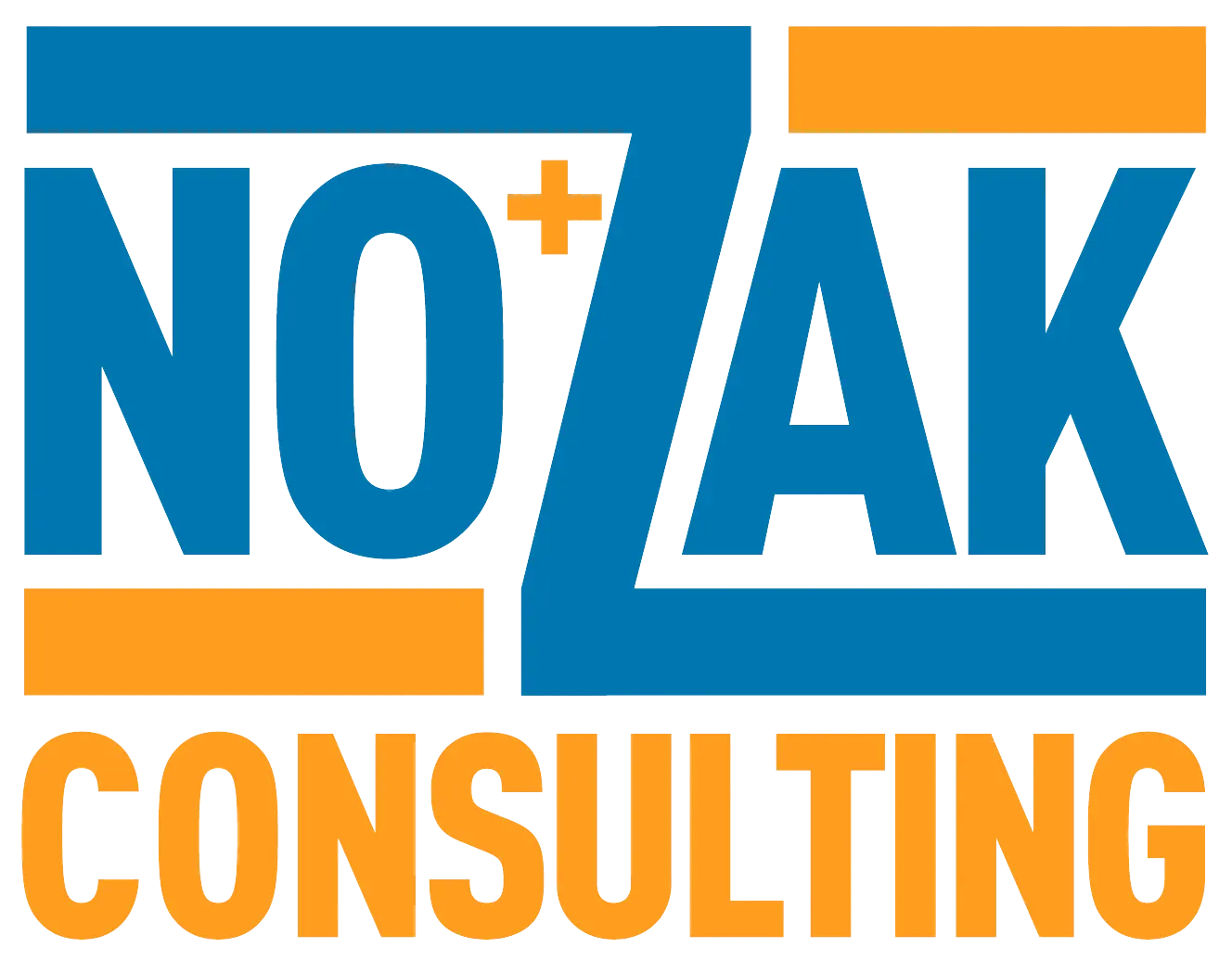Search Engine Marketing, or SEM, is the use of paid advertising to increase a website’s prominence in search engine results. While SEM shares some techniques with search engine optimization (SEO), SEM relies on both organic & paid promotion as opposed to relying solely on a keyword/content strategy.
Furthermore, SEM betters the chances of the target audience seeing the website in question. There are many more advantages, and many ways to implement SEM for one’s website.

SEM vs SEO
SEM and SEO are different, but that is not to say they are in opposition to each other. On the contrary, SEO is just a smaller part of SEM.
The largest difference is that SEM as a whole tends to use payment to give the webpage an advantage over search results, while SEO is organic.
Each of these have their own advantage. While SEM has the advantage of faster visibility, SEO has the advantage of being able to be seen by users who have an ad blocker.
For a successful search marketing campaign, one should not rely on just one or the other. Instead, they should focus on getting their webpage listed higher in the search results, and utilizing the tools available for paid promotion.
This best ensures that the target market will find said webpage.
Pay Per Click
Pay per click, or PPC, is one method of SEM where a webmaster can pay a fee for every time someone clicks on their sponsored links.
PPC does require some knowledge about keywords so the webmaster/advertiser can put their paid listing at the top of the correct searches.
For example, an owner of a pastry shop would want to have their paid listing at the top of search results for keywords like “pastries” or “pies near me.” While a charge per click might seem too costly, the increased amount of traffic can easily make up for this.
Paid Listing
When using a search engine, sometimes there are what appear to be separate links in an area above the other search results. Those are paid listings, or sponsored links.
These have the advantage of appearing first no matter how high the webpage is in organic search results. Be warned, however, that paid listings/sponsored links can be blocked by ad blockers, hence why organic listings are still necessary.
Google AdWords
Far and away one of the most used PPC programs is Google AdWords. Whenever someone searches for a particular keyword or set of keywords, Google AdWords looks at a pool of advertisers and selects some of the best ones to appear as the top sponsored links.
How AdWords determines which ones are the best is decided by several factors, such as keyword relevancy and quality of content. AdWords comes with other benefits, too, such as the ability to limit paid listings to certain IP address ranges.
Furthermore, AdWords allows the webmaster to add certain extensions, such as the business’s address and phone number.
Geo-Targeting
Geo-targeting is the method of targeting paid listings and advertisements towards certain demographics based on the customer’s location. With the ubiquity of smartphones, geo-targeting is more important than ever, as smartphones track a user’s location leading to more pertinent results.
For small, local businesses, geo-targeting is perfect for building a local customer base, or attracting visitors passing through town.
For more expansive businesses, there are tools that can allow them to track which regions their ad campaigns are most successful in, so they can save money by focusing on the successful regions rather than all over.
In any case, successful location based targeting is vital for any search engine marketing campaign.
